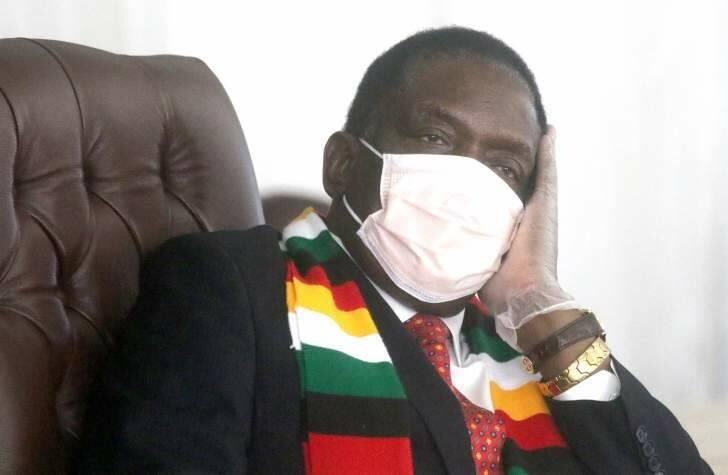The European Union has suspended its planned 2025 funding for Zimbabwe’s good governance initiatives following President Emmerson Mnangagwa’s signing of the controversial Private Voluntary Organisations (PVO) Amendment Bill into law.
In a post on X (formerly Twitter) on Saturday, EU Ambassador to Zimbabwe, Jobst von Kirchmann, stated that the enactment of the law—without concluding consultations with civil society—undermines Zimbabwe’s commitments under the ongoing debt resolution and reform process. He said:
Zimbabwe has over USD 21 billion in debt and arrears with bilateral and multilateral creditors. Several years ago, the Government of Zimbabwe initiated a commendable arrears clearance and debt resolution process to address this situation.
It is disappointing to see that Zimbabwe has not upheld its own commitments under this process, particularly regarding the expansion of civic space.
The enactment of the PVO Amendment Bill, without concluding consultations to address the concerns of civil society organizations, has further reinforced negative trends in governance.
As a consequence, the European Union has decided to discontinue its planned targeted 2025 funding in support of the government’s good governance initiatives under the structured dialogue framework.
Kirchmann, however, added that the EU remains engaged and is open to reconsidering its position—should the Government of Zimbabwe demonstrate a genuine commitment to meeting the governance targets outlined in the ongoing reform and debt resolution process.
Now gazetted as Act No. 1 of 2025, the new law grants the government sweeping powers to regulate and control the operations of private voluntary organizations.
This includes authority to scrutinize ownership structures, funding sources, and affiliations, as well as the power to deregister organizations, seize assets, or dissolve entities deemed to be in breach of its provisions.
Critics argue that the law undermines fundamental freedoms—particularly the rights to freedom of association and expression—by imposing stringent controls on non-governmental organizations (NGOs).
Many see it as a tool designed to suppress dissent, restrict civic space, and silence organizations that challenge government policies or expose corruption.
One of the most controversial elements of the law is the government’s ability to appoint trustees to manage NGOs without judicial oversight.
It also introduces stricter definitions of “beneficial owner” and “controller,” increasing state oversight over internal operations of civic groups.
The legislation amends five major laws, including: The PVO Act [Chapter 17:05], The Money Laundering and Proceeds of Crime Act, and The Criminal Law (Codification and Reform) Act.
Under the new framework, individuals found guilty of offenses related to illicit financing or misrepresentation could face lengthy prison sentences.
To oversee implementation, the law establishes a new PVO Board, comprising representatives from civil society and various government ministries.
While the Zimbabwean government argues that the amendments are necessary to combat terrorism financing and money laundering, human rights organizations and international observers—including the United Nations—have condemned the legislation.
They warn it could be weaponized to stifle legitimate dissent and erode democratic space in the country.


 WhatsApp Group:
WhatsApp Group:  Telegram Group:
Telegram Group:
Back to top